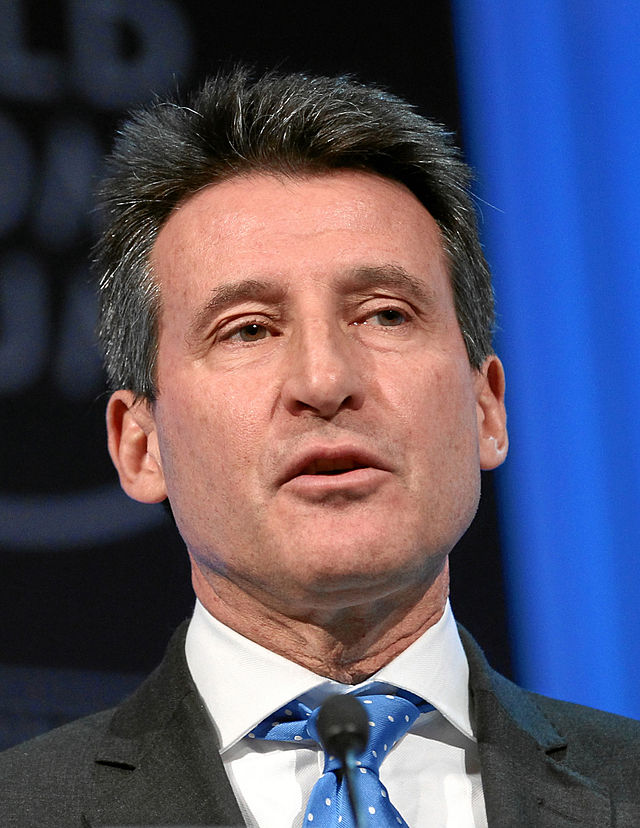World Athletics’ transgender regulations: the key details
After months of wrangling and years of debate, World Athletics (WA) has decided to ban transgender athletes from its female category.
The decision from one of sport’s biggest global organisations comes after the issue of transgender participation engulfed a succession of bodies. World Rugby and World Swimming have already moved to ban transgender women from its female events, whereas Union Cycliste Internationale (UCI) remain in consultation on its policy.
Here is a summary of the key details of World Athletics’s announcement:
What has been announced? In a press conference on Thursday 23 March, World Athletics president Seb Coe revealed the organisation had voted to ban all transgender women from elite female competition. The decision comes into effect on 31 March and will therefore be in place for the build-up to the 2024 Paris Olympics.
What is the explanation for this? Coe stated that the decision was focused on the “overarching principle” of fairness, but accepted that the research and science on transgender participation in sport was not yet definitive. A working group will therefore be established within World Athletics, which will include athletes and transgender athletes, to review any future developments.
What was the previous position of World Athletics? Previously, as in many sports, athletics had employed regulations on testosterone to decide whether or not trans women could compete in female categories. This led WA to impose a requirement that any trans women wishing to compete in the female category must reduce their testosterone levels to five nanomoles per litre for 12 months. This has since been extended to 24 months, but concerns over the growing science on the physical advantages that trans women still hold has forced a further change.
Is this all that has been announced? No. Another big issue for World Athletics in recent years has been the regulations on athletes who have a difference in sexual development (DSD). Existing regulations on this, focused on lowering testosterone levels, had notably seen former Olympic champion Caster Semenya forced out of competition due to her refusal to take hormone-reducing medications.
The hope from World Athletics will be that this decision helps to move the discussion on transgender participation in its events to a resolution
Now these regulations have been toughened, with DSD athletes now required to reduce blood testosterone levels to below 2.5 nanomoles per litre as opposed to the previous five.
For those in the previously unrestricted events (of distances below 400m and above a mile, as well as field events), the new requirements will rule them out of this summer’s World Championships. This is because the levels need to be maintained for six months. A full two years of testosterone suppression will be required for those events which already had restrictions in place, between 400m and a mile.
What has the reaction been? Some notable transgender sportspeople have expressed their disappointment at the ruling. Australia’s Ricki Coughlan said it would embolden “forces of hate” against transgender people. Transgender cyclist Kristen Worley added to this discontent, stating the decision was “disheartening and disappointing”. Others have been more supportive of Coe and World Athletics’s ruling, with British Olympian Emily Diamond thanking the organisation for “following the science”. Former British Olympic swimmer and broadcaster Sharron Davies, vocal on the issue of transgender participation in female categories, said that she was “emotional” to hear the news, hailing WA’s verdict.
What will happen now? The hope from World Athletics will be that this decision helps to move the discussion on transgender participation in its events to a resolution. But trans advocacy groups have warned that the new regulations risk the violation of human rights principles. With other leading sports also set to consider similar decisions in the future, this is unlikely to be a debate which ends soon nor which leads to a consensus of action among sporting organisations.

Comments (1)
thank you for the information